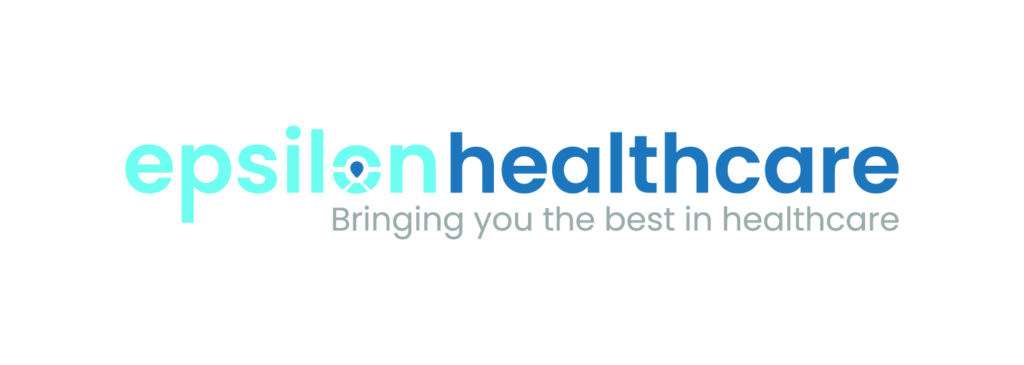Our website is currently undergoing updates
Welcome to Epsilon Clinics, the next chapter in Tetra Health’s legacy. We apologise for any inconvenience as our website undergoes reconstruction in line with our new branding. Rest assured, our dedication to bringing you excellence remains unwavering. Built upon Tetra Health’s strong foundation, we are striving to enhance your experience and deliver top-notch healthcare services.
Whether you’re seeking relief from pain, anxiety or other health challenges, our dedicated team is here to guide you on your journey to wellness. Together, we’ll take the next steps towards a healthier, happier you. Welcome to Epsilon Clinics, where wellness blooms.

Nurse Consult
Phone call with an Epsilon Clinics Nurse-
30 minute phone call
-
Start your healthcare journey
-
Treatment plan recommended
Doctor Consult
Telehealth call with an Epsilon Clinics Doctor-
30 minute Telehealth consult
-
Script generated & sent to TGA (if applicable)
-
Script sent to pharmacy upon TGA approval
-
**$50 script approval fee per script
Follow-Up Consult
Follow-up consults to track your treatment progress-
20 minute phone call
-
Track your treatment plan progress
-
Required every 6 months
The Process

Health Summary or Referral
To get started, we require a health summary or referral outlining your diagnosis and any medications you've trailed. We can then book in your consult.

Initial Nurse Consult
A 30-minute phone call with your Epsilon nurse to discuss your health history, treatment goals and guide you through your treatment journey.

Initial Doctor Consult
A 20-minute telehealth consult with your Epsilon doctor to discuss a personalised treatment plan best suited for your condition.

Prescriptions Sent to Pharmacy
Once approved by the TGA, your scripts will be sent to the pharmacy. You can then pick up your medication or have it delivered to your doorstep.

Clinical
Review
To ensure success in your treatment plan, our clinical team will follow up with you every 6 weeks and every 6 months to monitor your progress.
Contact Us


